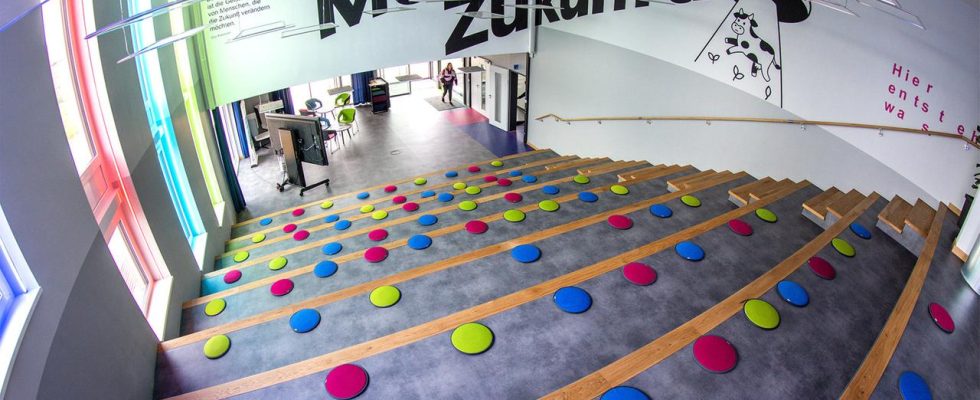interview
Brexit, the pandemic and the Ukraine war have caused a lot of uncertainty. In an interview, Köhler-Geib, chief economist at KfW, explains why this is also worsening the financing environment for German start-ups.
tagesschau24: Is there a positive trend in start-ups in Germany?
Fritzi Koehler-Geib: Last year there were 550,000 start-ups or takeovers and start-ups in Germany. Unfortunately, this is the continuation of a long-standing declining trend in start-up activity. The start-up planning rate for next year has risen again somewhat, albeit at a low level.
Overall, start-up activity is moving fairly sideways. This certainly has something to do with the demographic change in Germany. We are now coming out of a very long boom in the job market. And with Brexit, the pandemic and the war in Ukraine in particular, we have experienced major shocks for the economy. That means a lot of uncertainty and inevitably leads to fewer start-ups.
tagesschau24: The economic uncertainties are certainly not the only problem. It is currently difficult for many founders in Germany to find investors and access venture capital. What role does this development play?
Koehler-Geib: You are addressing a very important point here, which primarily affects technology and growth-oriented start-ups. The turnaround in interest rates and the slump on the stock markets last year caused venture capital to plummet. In other words, venture capital is currently a limited commodity here. I wish we would see more growth there. That is why I consider instruments such as the future fund, which is now being launched, to be crucial for further developing this market.
To person
The economist Fritzi Köhler-Geib, born in 1978, worked for the World Bank in the USA for many years after completing her doctorate in economics. In 2019 she became chief economist at the state development bank KfW.
tagesschau24: Venture capital is a scarce commodity in this country, you just said. The result is that many qualified and ambitious founders go abroad. How worrying is this development?
Koehler-Geib: From my perspective, this is a big challenge. The main reason startups churn is to follow their investors abroad. Such an exodus has immense consequences for our economy: there is less competition, a smaller range for customers and ultimately fewer new products on the market.
foundation knowledge impart in school
tagesschau24: A lot of economic uncertainties and less venture capital – these are not good conditions for the founders. How does this affect the entrepreneurial spirit?
Koehler-Geib: In Germany – and incidentally also in all other industrialized countries – we are observing that the spirit of entrepreneurship has waned significantly over time. It is therefore important to counteract this early on. Founding knowledge should already be taught in school. A perceived risk often has to do with the fact that there is insufficient knowledge.
In addition, the bureaucratic barriers that stand in the way of many founders would have to be dismantled. You have to make it easy for people to start a business as quickly as possible if they have the courage.
tagesschau24: Work-life balance is extremely important for the younger generation. However, founding a company takes time and nerves. Will the mindset of young people have a negative impact on entrepreneurship?
Koehler-Geib: In any case, founding a company requires a great deal of effort, courage and commitment. On the other hand, a start-up also has to do with a lot of self-determination and the ability to shape your own life. Young people in particular have the desire to help shape society, to leave an imprint.
For our economy, the discussion about a four-day week is difficult, especially against the background of demographic change and the shortage of skilled workers. Because we urgently need more workers. And over time, we Germans work less than other Europeans on average anyway. How are we supposed to increase productivity with less work? From my perspective, the discussion is very difficult – we are at a crossroads.
The questions were asked by Anne-Catherine Beck, ARD finance editor. The interview was shortened and edited for the written version.

